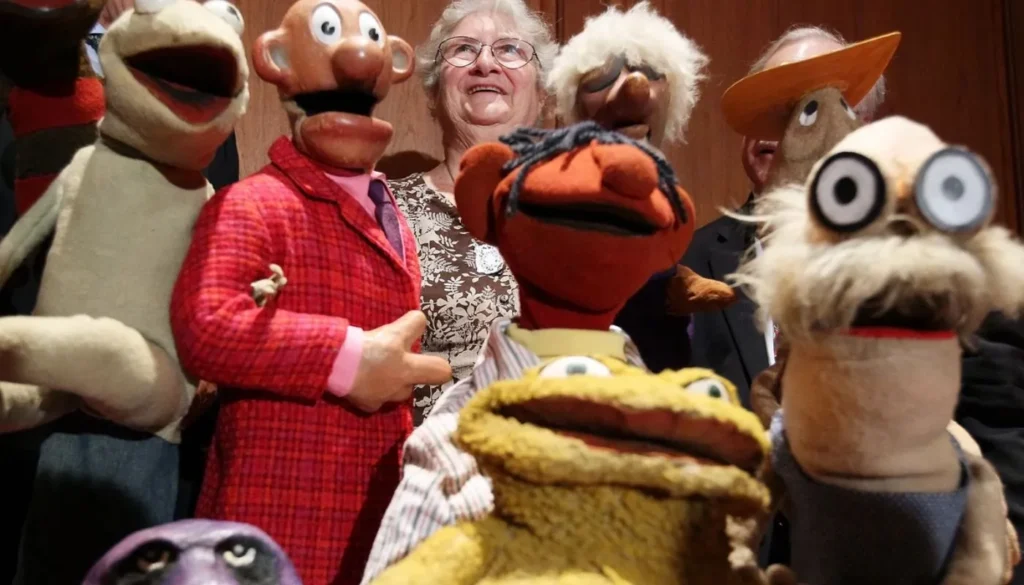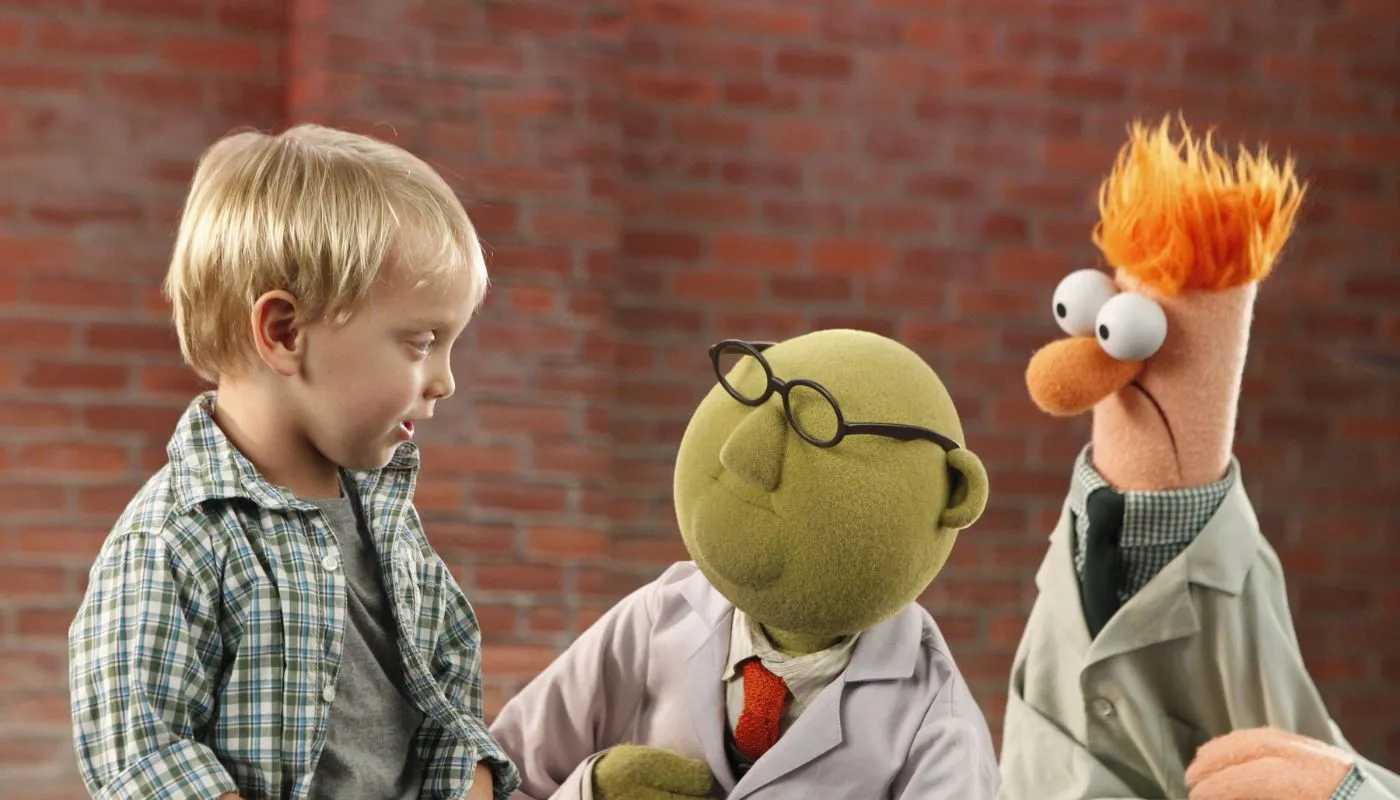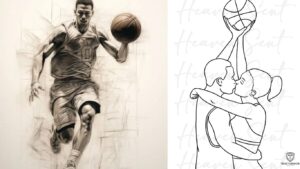The world of Muppets has captivated audiences for generations, bringing joy and laughter to both children and adults alike. Among the colorful cast of characters, one Muppet stands out with its distinctive long, hooked beak.
This article delves into the history, creation, and impact of this unique character, offering a glimpse behind the scenes of its development and exploring its lasting legacy in pop culture.
Early Appearances and Evolution of the Character
The Muppet with the long hooked beak first graced television screens in the late 1970s, quickly becoming a fan favorite. Its initial appearance was met with curiosity and delight from viewers who were drawn to its unusual features and quirky personality.
Origins on Sesame Street
- The character debuted as a background player in Sesame Street sketches
- Initially, it had limited speaking roles, mainly used for visual gags
- Gradual increase in screen time due to positive audience reception
Developing a Distinct Personality
As the character gained popularity, the show’s writers began to flesh out its personality. They gave it a nasal voice and a tendency to interrupt others, which became its trademark traits. The Muppet’s long beak was often used in comedic situations, getting stuck in doors or knocking things over accidentally.
Expansion to Other Muppet Productions
The character’s success on Sesame Street led to appearances in other Muppet-related shows and movies. It became a regular fixture in The Muppet Show, often performing in musical numbers and comedy sketches. This wider exposure helped cement its status as a beloved Muppet character.
Behind-the-Scenes: Creation and Design of the Muppet

The creation of the Muppet with the long hooked beak was a collaborative effort involving puppet designers, writers, and performers. Its unique appearance was the result of careful planning and experimentation.
Inspiration for the Design
- Inspired by various bird species, particularly pelicans and toucans
- Designed to stand out among other Muppet characters
- Creators wanted a character that could perform physical comedy easily
Technical Challenges in Puppetry
Bringing the character to life presented several technical challenges for the puppeteers. The long beak required careful manipulation to ensure it moved naturally and didn’t appear too heavy or unwieldy on screen. Specialized mechanisms were developed to allow the beak to open and close smoothly, adding to the character’s expressiveness.
Voice and Performance
Finding the right voice for the character was crucial. The performers experimented with different vocal styles before settling on the nasally tone that became its signature. The voice, combined with the physical movements of the puppet, created a cohesive and memorable character that resonated with audiences.
Popularity and Impact on Pop Culture
The Muppet with the long hooked beak quickly became a cultural icon, transcending its origins in children’s television to become a recognizable figure in broader pop culture.
Merchandise and Licensing
As the character’s popularity grew, so did the demand for merchandise. Toys, clothing, and other products featuring the Muppet became bestsellers, particularly during holiday seasons. This merchandising success further solidified the character’s place in popular culture.
Parodies and References in Other Media
The distinctive appearance and mannerisms of the Muppet made it a prime target for parody in other TV shows, movies, and even commercials. These references often played on the character’s long beak and unique voice, demonstrating its widespread recognition.
Social Media Presence
In the digital age, the character has found new life on social media platforms. Memes and GIFs featuring the Muppet are widely shared, introducing it to younger generations and rekindling nostalgia in older fans.
Controversies Surrounding the Muppet with Long Hooked Beak
Despite its popularity, the character has not been without controversy. Some of these issues have led to discussions about representation and stereotyping in children’s media.
Stereotyping Concerns
Critics have occasionally voiced concerns that the character’s exaggerated features and mannerisms could be seen as promoting stereotypes. The show’s creators have addressed these concerns by evolving the character’s role and personality over time.
Educational Value Debates
Some educators have questioned the educational value of the character, arguing that its disruptive behavior might set a poor example for young viewers. In response, writers have incorporated more positive traits and learning opportunities into the character’s storylines.
Changes in Character Portrayal
Over the years, subtle changes have been made to the character’s appearance and behavior to address various concerns and keep it relevant to modern audiences. These adjustments have generally been well-received by fans and critics alike.
Legacy and Lasting Influence

The Muppet with the long hooked beak has left an indelible mark on popular culture, influencing puppet design, children’s entertainment, and comedy in general.
Influence on Puppet Design
The character’s unique design has inspired other puppet creators, encouraging more diverse and imaginative character designs in children’s programming. Its success proved that unconventional-looking characters could be just as beloved as more traditional designs.
Impact on Children’s Entertainment
The character’s blend of humor and heart has set a standard for creating engaging content that appeals to both children and adults. Many modern children’s shows have characters inspired by this Muppet’s ability to entertain across generations.
Contributions to Comedy and Performance Art
The physical comedy and timing perfected through this character have influenced comedians and performers beyond the world of puppetry. Its legacy can be seen in various forms of physical and character-based comedy.
FAQs about the Muppet with Long Hooked Beak
Who created the Muppet with the long hooked beak?
The character was created by Jim Henson and his team of designers and puppeteers.
How long has this Muppet been on television?
The character has been appearing on television since the late 1970s, spanning over four decades.
Is the Muppet based on a real bird species?
While inspired by various birds, the character is not based on any specific real species.
Has the same performer always voiced the character?
No, there have been a few different performers who have voiced and puppeteered the character over the years.
Are there any plans for a solo show featuring this Muppet?
While there are no current plans, the character continues to appear in various Muppet productions and specials.
Conclusion
The Muppet with the long hooked beak has become an enduring icon in the world of children’s entertainment and beyond. From its humble beginnings as a background character to its status as a beloved cultural figure, this unique Muppet has captured hearts and imaginations for decades. Despite facing occasional controversies, it has evolved with the times, maintaining its relevance and charm.
Its impact on puppet design, children’s programming, and comedy is undeniable, inspiring creators and delighting audiences of all ages. As we look to the future, it’s clear that this quirky character with its distinctive long beak will continue to be a cherished part of the Muppet universe, bringing laughter and joy to generations to come. The legacy of this Muppet serves as a testament to the power of creative character design and the enduring appeal of well-crafted, family-friendly entertainment.
As the founder of TrustArmorInsurance, [Admin] the site in 2024 to offer reliable insurance solutions with a focus on trust and security. With a commitment to providing top-notch coverage and personalized service, TrustArmorInsurance aims to meet diverse needs with integrity and professionalism.











